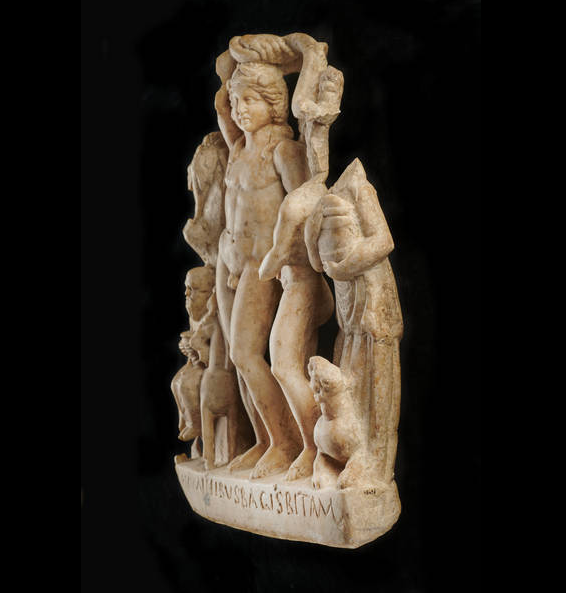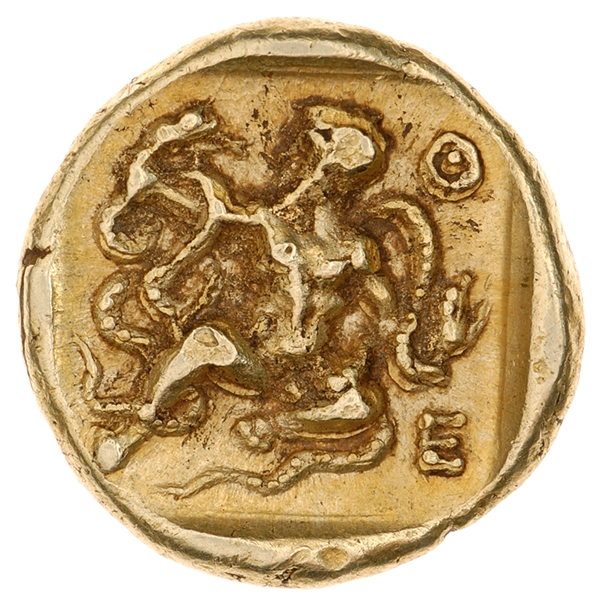
#LatinForTheDay – 18 October
“Tu ne quaesieris, scire nefas, quem mihi, quem tibi
finem di dederint, Leuconoe, nec Babylonios
temptaris numeros. ut melius, quidquid erit, pati,
seu pluris hiemes seu tribuit Iuppiter ultimam,
quae nunc oppositis debilitat pumicibus mare...
“Tu ne quaesieris, scire nefas, quem mihi, quem tibi
finem di dederint, Leuconoe, nec Babylonios
temptaris numeros. ut melius, quidquid erit, pati,
seu pluris hiemes seu tribuit Iuppiter ultimam,
quae nunc oppositis debilitat pumicibus mare...

"...Tyrrhenum! sapias, vina liques, et spatio brevi
spem longam reseces. dum loquimur, fugerit invida
aetas: carpe diem, quam minimum credula postero.”
Horace Odes 1.11
spem longam reseces. dum loquimur, fugerit invida
aetas: carpe diem, quam minimum credula postero.”
Horace Odes 1.11
'Do not ask what fate the gods have given to us,
To you and me - It's not right that we know, Leuconoe.
Don't go meddling with Babylonian horoscopes.
How much better to endure it, whatever IT might be:
Whether Jupiter has granted us more winters,...
To you and me - It's not right that we know, Leuconoe.
Don't go meddling with Babylonian horoscopes.
How much better to endure it, whatever IT might be:
Whether Jupiter has granted us more winters,...
'Or that this is our last, the one which even now
Grinds the Tyrrhenian Sea against the cliffs.
If you're wise, decant the wine, cut back lofty hopes
Into something simpler. As we talk, even now hateful
Time winds down. Seize the day: trust in tomorrow as little as possible.'
Grinds the Tyrrhenian Sea against the cliffs.
If you're wise, decant the wine, cut back lofty hopes
Into something simpler. As we talk, even now hateful
Time winds down. Seize the day: trust in tomorrow as little as possible.'
Horace's famous ode on the importance of making hay while the sun shines reminds us all of the brevity of life and the uncertainty of the future.
The Image at the head of this thread is 'The Persistence of Memory' by Salvador Dalí, 1931.
(MoMA: 162.1934. Link - moma.org/collection/wor…)
#LatinForTheDay #CarpeDiem
(MoMA: 162.1934. Link - moma.org/collection/wor…)
#LatinForTheDay #CarpeDiem
• • •
Missing some Tweet in this thread? You can try to
force a refresh

















